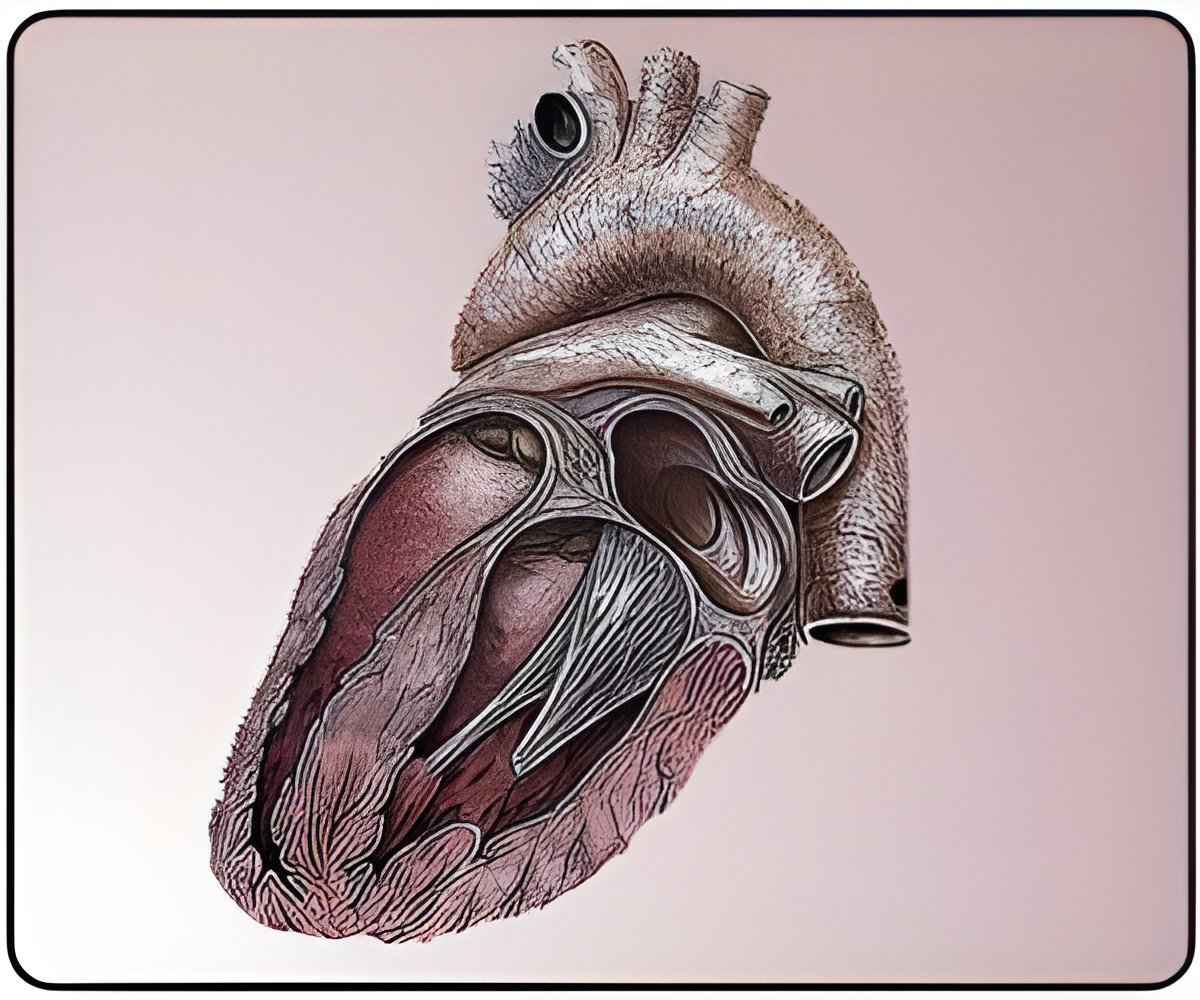
Dr Ranthe said: "Genetic factors may play a role in the development of aortic stenosis. A single nucleotide polymorphism in the lipoprotein(a) locus has been associated with aortic valve calcification and aortic stenosis.1 Elevated lipoprotein(a) is a risk factor for atherosclerosis, including ischaemic heart disease, which is known to aggregate in families. Our aim was to discover whether aortic stenosis also aggregates in families."
The study used information from national Danish registers and included the 4.2 million Danes born in or after 1920. The cohort was followed for more than 73 million person-years, starting in 1977 (the year the Danish Hospital Discharge Register began) and ending in 2012. Cases of aortic stenosis were recorded when they occurred at age 35 years or older.
Patients with any registration of a congenital heart defect and those with cardiovascular disease diagnosed at <35 years were excluded. Family history was defined as a first degree relative registered with aortic stenosis before the cohort member.
During the study period 29,983 patients were registered with aortic stenosis at age >35 years. Of those, 193 had a first degree relative with aortic stenosis and the relative risk was 2.04 (95% confidence interval [CI] 1.77-2.35). Dr Ranthe said: "The risk of aortic stenosis roughly doubled when patients had a first degree relative with the disease. In addition, aortic stenosis occurred earlier in life in patients with a family history of the condition."
The impact of family history differed between patients with and without ischaemic heart disease. Family history increased the risk of aortic stenosis by 2-fold in patients without ischaemic heart disease. The risk of aortic stenosis was increased by 8-fold in patients with ischaemic heart disease and a family history of aortic stenosis compared to those with no family history and no ischaemic heart disease.
Advertisement
The researchers conducted a robustness analysis with aortic valve replacement as an endpoint and found similar results. In a similar cohort they identified 130 patients with a family history of aortic stenosis out of 12,690 patients undergoing the procedure. The relative risk by family history was 2.18 (95% CI 1.79-2.65).
Advertisement
Source-Eurekalert













